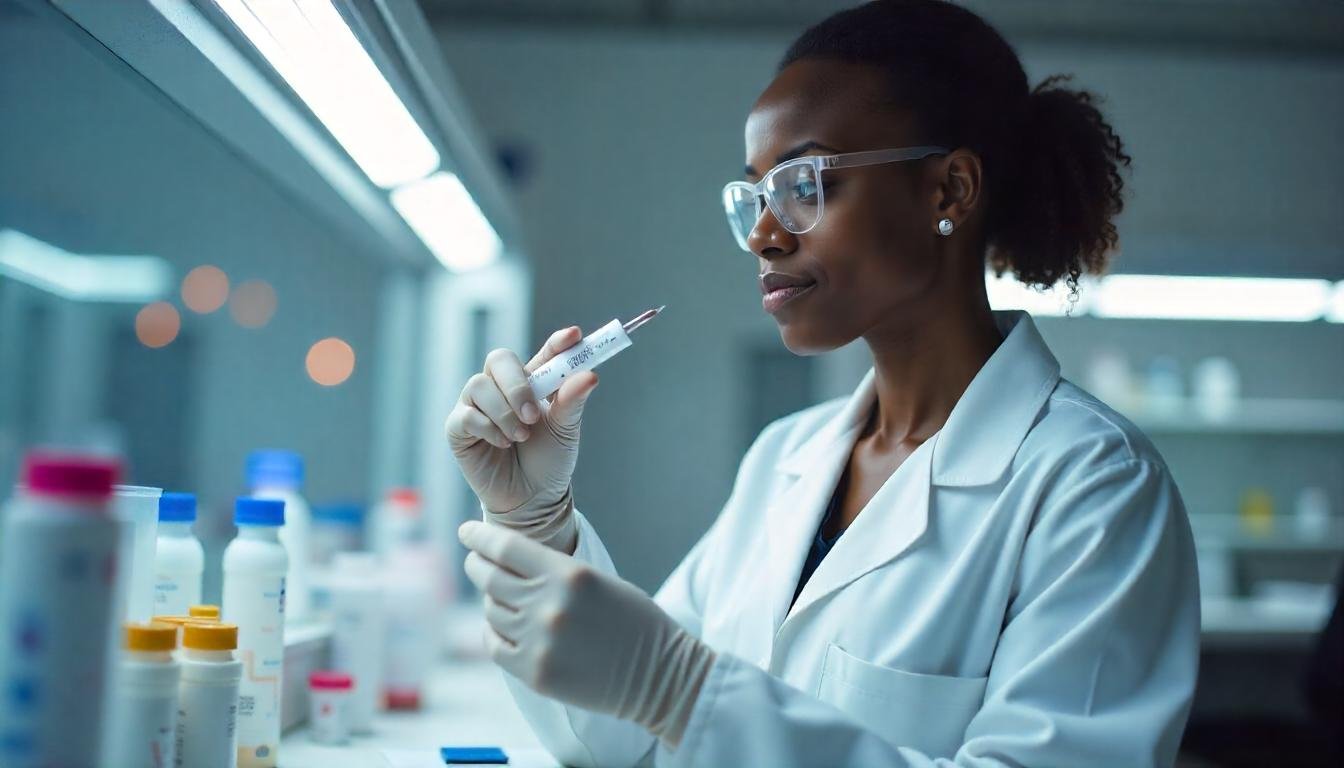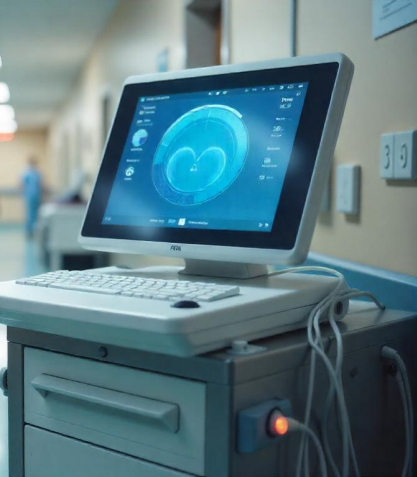
In-Vitro Fertilization Services
- Egg retrieval and laboratory fertilization
- Embryo culture and uterine transfer


Frequently Asked Questions (FAQs) about Fertility Testing
What is in vitro fertilization (IVF)?
IVF is an advanced fertility treatment where eggs are retrieved from the ovaries and fertilized with sperm in a laboratory. The resulting embryo(s) are then transferred into the woman’s uterus to achieve pregnancy.
Who is IVF recommended for?
IVF is often recommended for couples with blocked or damaged fallopian tubes, severe male factor infertility, unexplained infertility, endometriosis, or after other treatments like IUI have not been successful. It’s also used for couples needing donor eggs or sperm.
What are the main steps involved in an IVF cycle?
An IVF cycle typically includes ovarian stimulation with fertility medications, egg retrieval, fertilization in the lab, embryo culture, and embryo transfer. A pregnancy test is done about two weeks after the transfer.
What are the success rates of IVF?
IVF success rates vary based on the woman’s age, the quality of eggs and sperm, and other health factors. On average, younger women (under 35) have a success rate of around 40–50% per cycle, while success rates decline with age.
Are there risks or side effects associated with IVF?
Common side effects include bloating, mild cramping, or mood changes due to hormone medications. Risks include ovarian hyperstimulation syndrome (OHSS), multiple pregnancies, and, rarely, complications from egg retrieval. Your doctor will discuss these carefully before starting.

